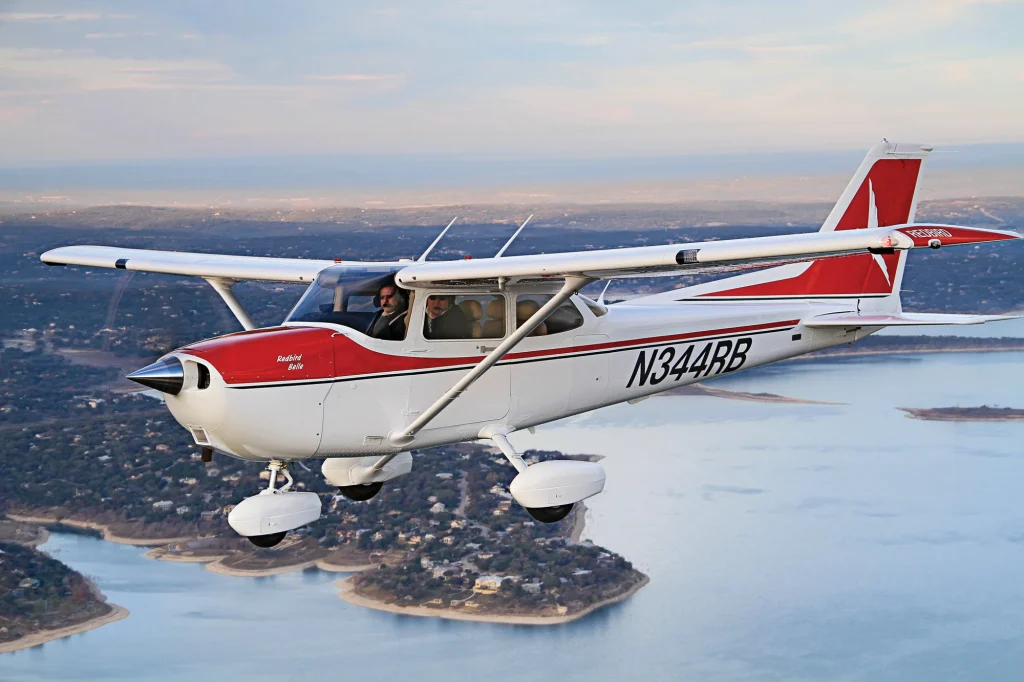
Welcome to this week’s edition of “Clearance to Fly!” I’m currently writing you from Sun ‘n Fun 2025 in Lakeland, Florida! If any readers are flying in, come say hi, I’ll be here all week!
When I say “bonus depreciation” I know that most of you think it’s only for turboprops and jets, but that’s not the case. The piston crowd can greatly benefit from bonus depreciation as well, but there are some key elements you must attain to qualify.
Let’s break this down in simple terms. Bonus depreciation allows business owners to immediately deduct a large portion of the purchase price of eligible assets, like aircraft, against their income taxes. The Tax Cuts and Jobs Act of 2017 initially allowed for 100% bonus depreciation, but that benefit has been phasing out over the past few years.
Now, here’s the kicker: The House just passed legislation to bring back 100% bonus depreciation, and it’s retroactive to 2023. If the Senate approves and the president signs it into law, we’re looking at full bonus depreciation through 2025 (and potentially 2026 for certain aircraft).
“But Keller,” you might say, “I’m just a small business owner with my eye on a Cessna 182. Does this apply to me?” Absolutely! While bonus depreciation often gets associated with sleek business jets, it can be a game-changer for piston aircraft owners too.
Here’s how it could work for you:
Imagine you’ve built a thriving local business and are contemplating investing in a $500,000 piston aircraft to enhance your business operations. With the reinstated 100% bonus depreciation, you could potentially write off the entire cost of the aircraft in the year it’s purchased. Depending on your tax bracket, this could lead to substantial tax savings, providing a financial incentive to expand your business’s capabilities.
However, eligibility for bonus depreciation requires adherence to specific criteria:
- Business Use Requirement: The aircraft must be utilized for business purposes more than 50% of the time. This is fundamental to qualifying for accelerated depreciation benefits.
- Legitimate Business Application: Your business needs to have a valid rationale for its use. Whether transporting goods, facilitating client meetings, or improving operational reach, the aircraft’s role in advancing your business must be well-defined.
- Comprehensive Documentation: Thorough record-keeping is essential. Documentation of your aircraft’s business use is critical for demonstrating compliance with IRS regulations and safeguarding against audits.
These guidelines underscore the importance of strategic planning. Consulting with qualified aviation tax professionals is crucial to navigate the intricacies of the tax code and ensure optimal application of bonus depreciation, while aviation finance experts can play a vital role in securing the necessary funding.
Until next time, keep your eyes on the skies and your finances in order. Happy flying!
P.S. Got questions about aircraft financing or the purchasing process? Drop us a line at FLYING Finance. We’re always happy to chat about planes and how to get you into the cockpit of your dreams! 423-558-2024

Keller Laseter, Chief Commercial Officer, FLYING Finance
Bringing over 10 years of aviation experience and multiple years in finance, Keller Laseter combines both of those skills to be FLYING Finance’s CCO. His leading knowledge in all categories and classes of fixed wing aircraft helps guide you through the finance process with ease and will leave you knowing you’re in great hands. Keller holds type ratings in the Beechjet 400A/XP/NXT, Embraer E-175 and has many hours in King Airs, along with other high-performance aircraft. Throughout his career, he’s had the opportunity to enjoy the world of aviation and many different operations. As an ATP, CFI, and CFII, aviation is in his blood.

